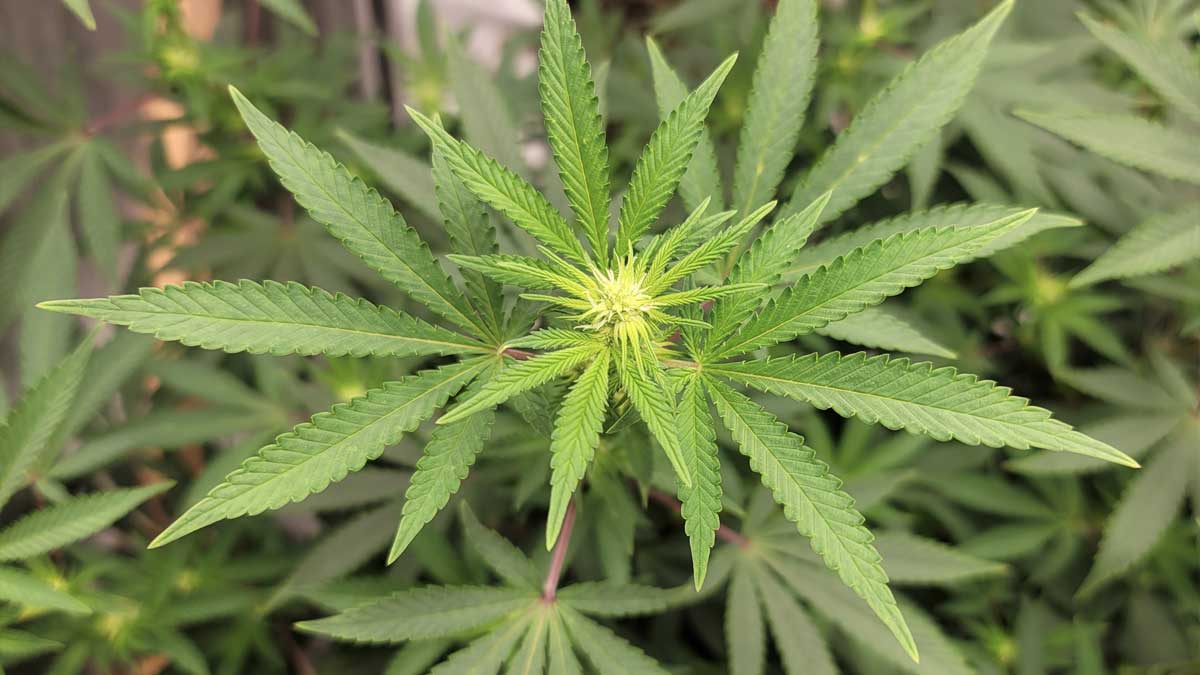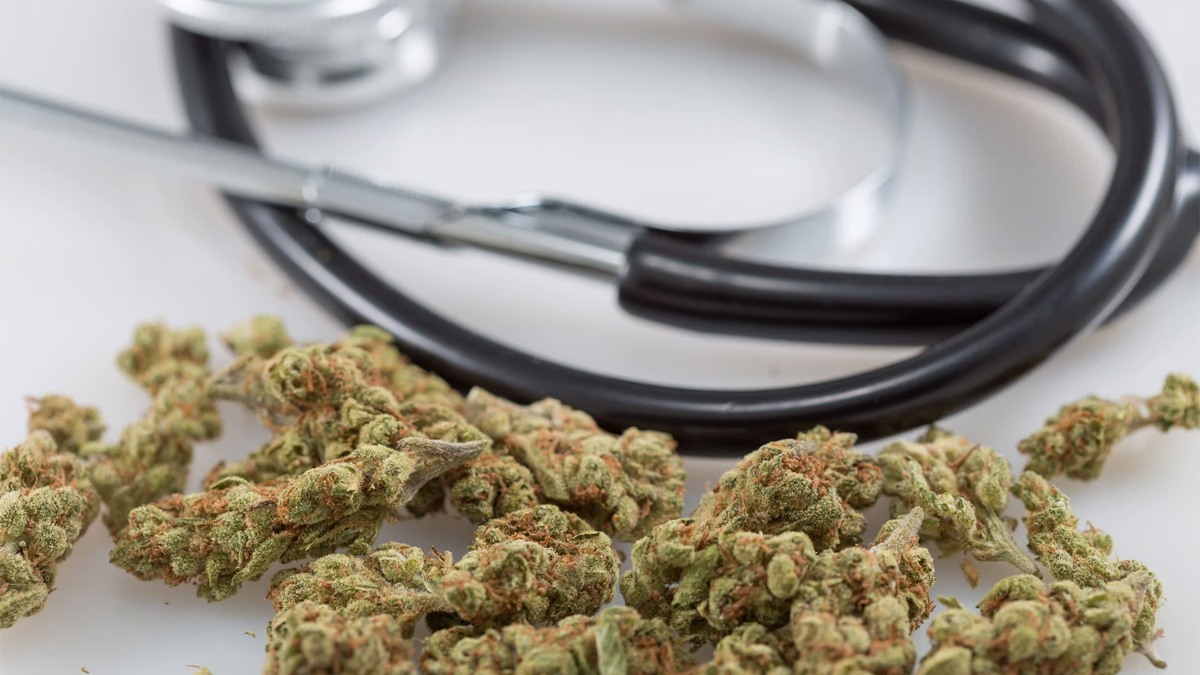
Photo courtesy of Mike Latimer.
Delaware officials say they have received more than 1,200 applications for marijuana business licenses ahead of a lottery for retailers—which is “substantially” more than they anticipated after opening up the application window in August.
From August 19 to September 30, the Office of the Marijuana Commissioner (OMC) took in 1,269 paid license applications, with fees totaling about $4.1 million. The first licensing lottery for retailers is set to take place on October 24.
“For three of the license categories—Open Testing Lab, Social Equity Testing Lab, and Micro Manufacturing Licenses for Sussex County—the number of applications received matched or fell below the available licenses in those categories; therefore, no lottery will be required,” OMC said.
Due to the “significant interest” in retail licenses, however, the office said it will “conduct a separate lottery for all Retail licenses and any other license categories not reviewed in time for the first lottery in October. This lottery phase is tentatively scheduled for late November or early December.”
A total of 125 licenses will ultimately be issued, including 30 retailers, 60 cultivators, 30 manufacturers and five testing labs. Earlier this month, regulators also detailed what portion of each category is reserved for social equity applicants, microbusinesses and general open licenses.
While applications are now being processed ahead of the lottery, Delaware Marijuana Commissioner Robert Coupe has said that the current timeline puts the launch of the market at March 2025. In the meantime, regulators have been rolling out a series of proposed regulations to stand up the forthcoming adult-use cannabis industry.
Meanwhile, the governor of Delaware recently signed several additional marijuana bills into law, including measures that would allow existing medical cannabis businesses in the state to begin recreational sales on an expedited basis, transfer regulatory authority for the medical program and make technical changes to marijuana statutes.
The dual licensing legislation is meant to allow recreational sales to begin months earlier than planned, though critics say the legislation would give an unfair market advantage to larger, more dominant businesses already operating in multiple states.
Regulators were tasked with opening applications for conversion licenses by August 1. The application window will close on November 1.
Delaware’s medical marijuana program is also being significantly expandedunder a new law that officially took effect in July.
The policy change removes limitations for patient eligibility based on a specific set of qualifying health conditions. Instead, doctors will be able to issue cannabis recommendations for any condition they see fit.
The new law also allows patients over the age of 65 to self-certify for medical cannabis access without the need for a doctor’s recommendation.
Also in June, state lawmakers sent a bill to the governor that would enact state-level protections for banks that provide services to licensed marijuana businesses.
That measure is designed to clarify that banks, credit unions, armored car services and accounting services providers are not subject to state-level prosecution simply for working with cannabis businesses.
Keep out of reach of children. For use only by adults 21 years of age and older.










